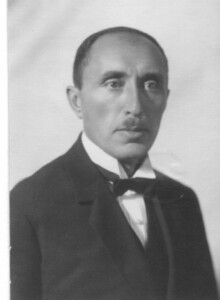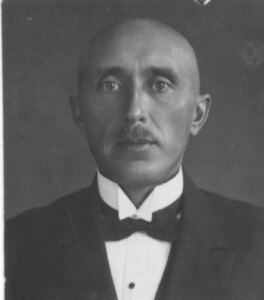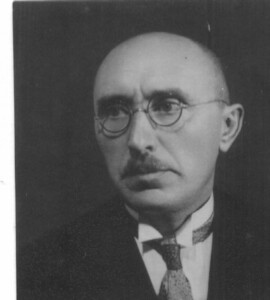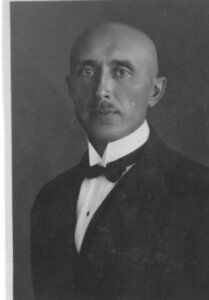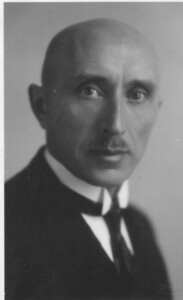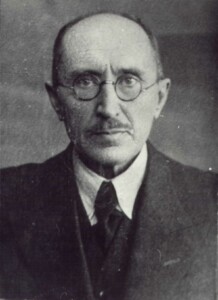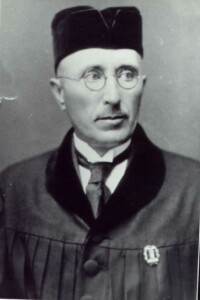Jan Wierzbicki
Jan Wierzbicki was born in Latvia on April 18, 1888 in the village of Eversmuzha in the municipality of Cibas, Ludza district. He graduated from a folk school in Baltinava and a gymnasium in Pskov. He studied law in St. Petersburg and Moscow, graduating in 1914, andreceived a doctorate in law in 1916
Jan Wierzbicki took part in World War I and was severely wounded, receiving treatment in Moscow.
At the age of 33, he ran for the Latgalian district court, but chose to practice law. In 1922 he was vice-chairman of the Dyneburg City Council and vice-president of the Union of Poles in Latvia.
In the first term of the Latvian Parliament, the Union of Poles won one seat. The Polish candidate was Father Bronislaw Wierzbicki (his brother), who, however, did not agree to run and Jan Wierzbicki became an MP.
In the Sejm, Jan Wierzbicki, fighting for the cause of the Poles, for the development of Polish education and Polish social and political activity, was, after a speech in the Sejm, accused of treason and even briefly arrested. After the case was cleared up, he actively worked in the Sejm, agricultural and local government committees.
In the second election, Jan Wierzbicki was also elected as a deputy together with the president of the Union of Poles in Latvia, Yaroslav Wilpiszewski. In 1928 Jan Wierzbicki became deputy minister of the interior.
In the third and fourth terms of the Latvian Sejm, Jan was also a deputy. During the elections, all internal conflicts among the Polish community as well as in Latvian-Polish relations became apparent. Thanks to Jan Wierzbicki's political activities, it was easier for Poles to preserve their national identity within the Latvian state. Jan was an advocate of correct relations between the Polish community and the legal order of the state where Poles had lived and co-created its history for almost five centuries.
Latvia was a young, multinational state - Latvians, Russians, Germans, Jews, Poles, Lithuanians, Belarusians and multi-religious, and maintaining correct relations between nations was not easy. Nationalism began to come to the fore, resulting in the suspension of the Union of Poles in Latvia in 1931, the closure of several Polish schools and other cultural centers and the newspaper "Bell." However, as a result of internal actions and the intervention of the Polish authorities, other organizations were formed in 1932, which were the continuation of the previous ones, such as the Polish National Union, with which Jan Wierzbicki actively cooperated. However, as a result of the political upheaval in 1934, Kārlis Ulmanis took dictatorial power. The Diet was dissolved and Latvian nationalism began to prevail. Most political, cultural and educational organizations were abolished, Polish teachers, civil servants were dismissed, priests were banned.
Jan Wierzbicki, was an active lawyer throughout his political and social activity.
Jan was married to Tamara Kliemientówna, with whom he had a son, Wiktor Wierzbicki.
Below I provide links to pages describing Jan Wierzbicki's life:
An article on Jan Wierzbicki by Dr. Eriks Jakabsons (University of Latvia) titled "Polish Lawyers - Deputies in the Saeima of Latvia (1922-1934)", which appeared in the magazine of the Polish Bar Association - Palestra number 11-12/2002 (page 79):
Click here - preview of the excerpt
Source palestra.pl
Wikipedia - biographical note of Jan Wierzbicki:
